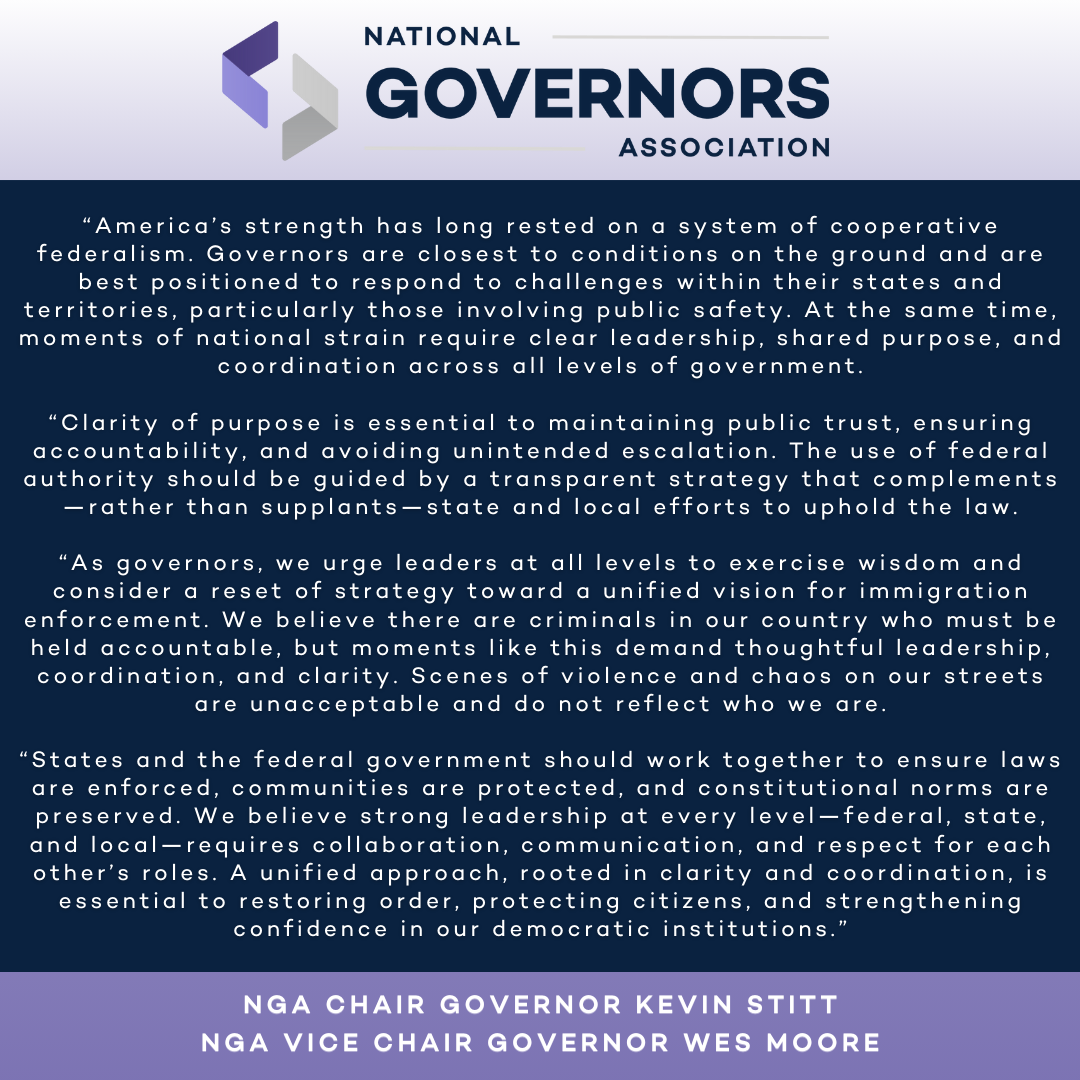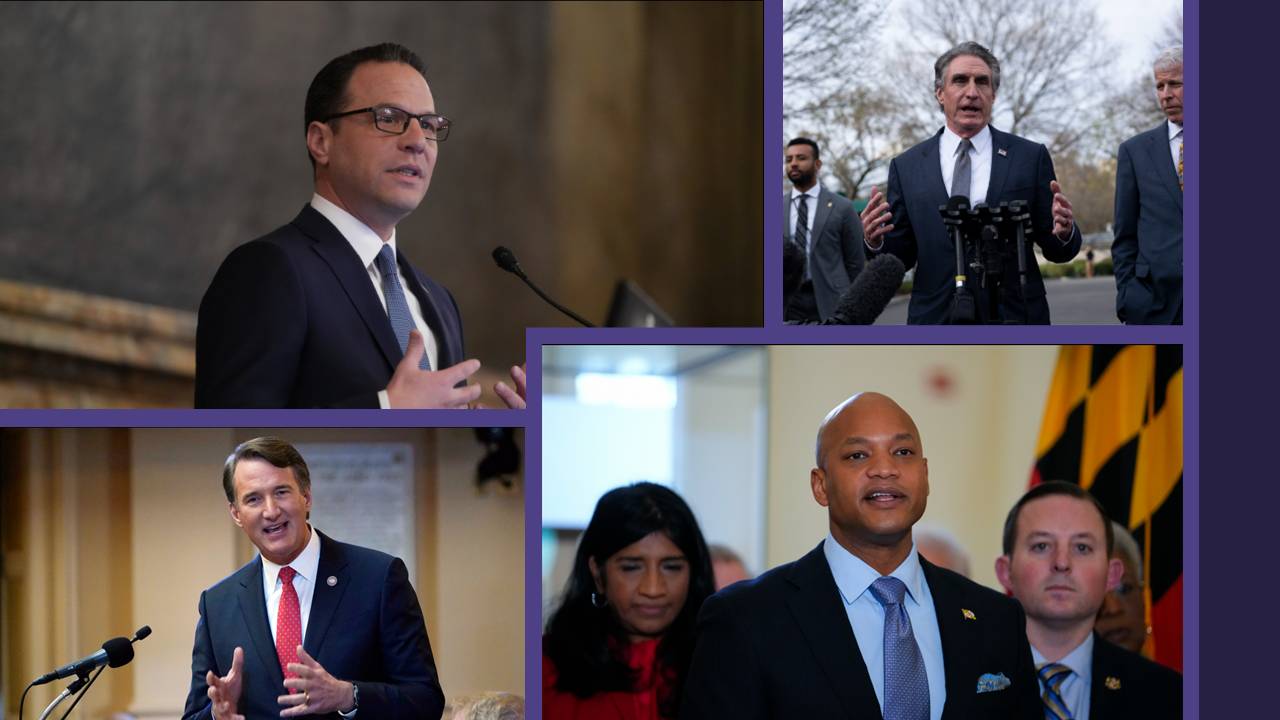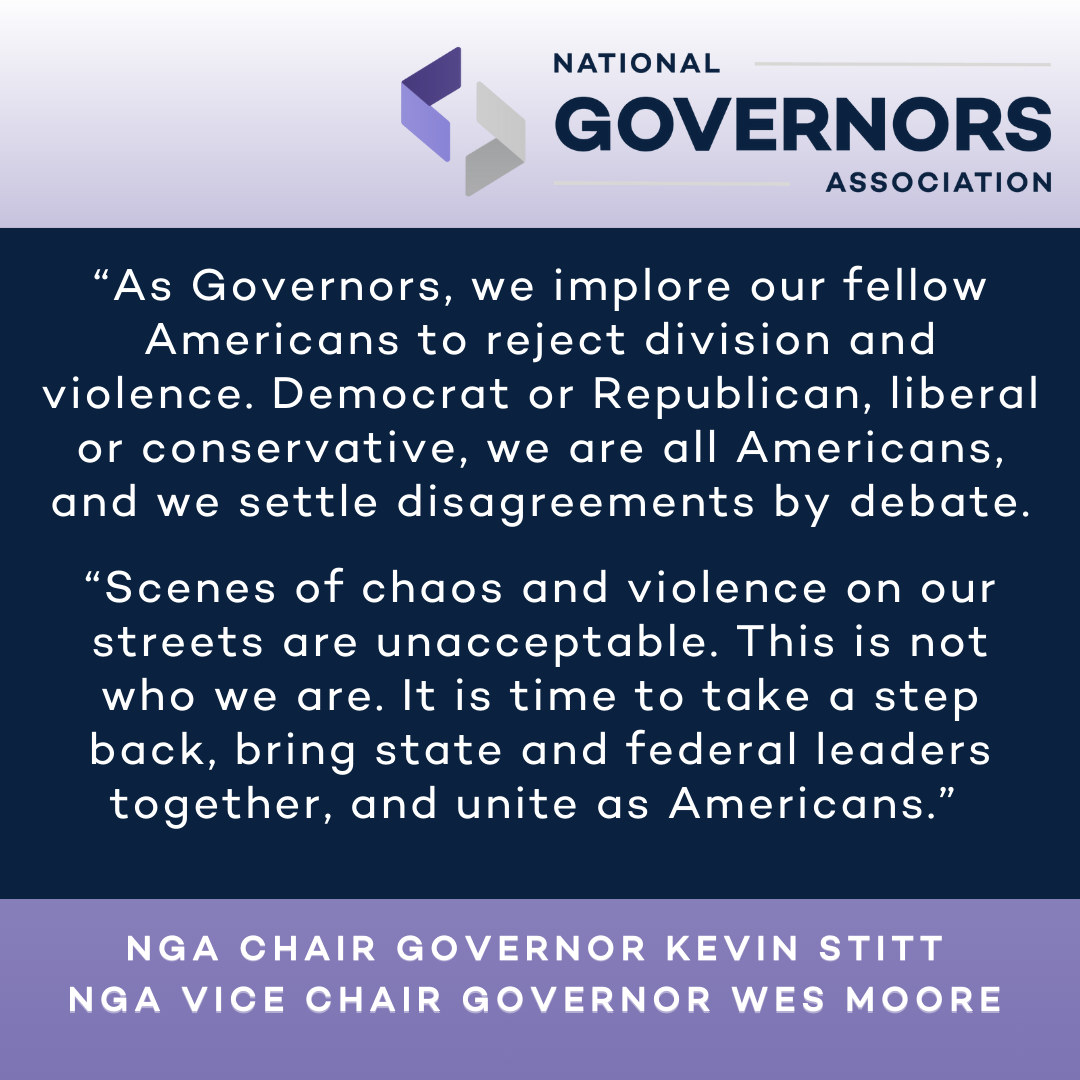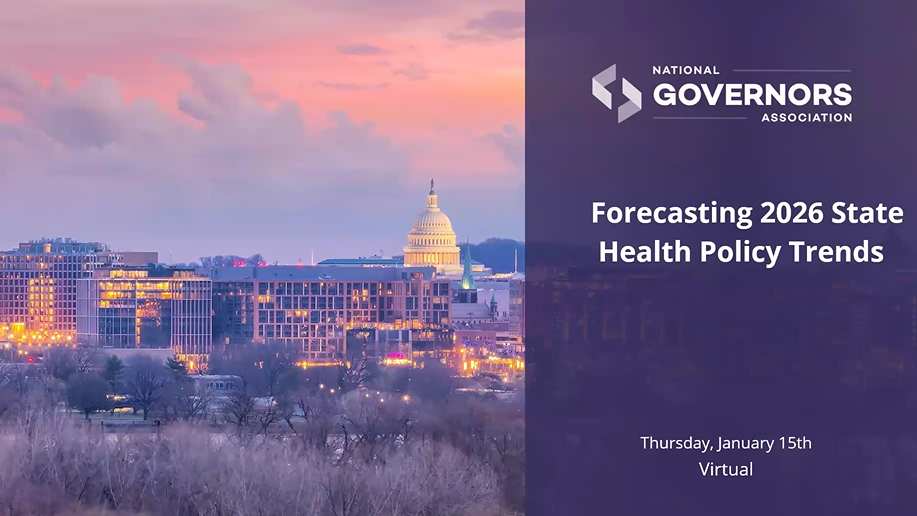The National Governors Association (NGA) held its Fall 2025 Governors’ Infrastructure Coordinators Workshop November 4-6, in Washington, D.C. This meeting brought together over 30 Governors’ infrastructure coordinators and advisors from a bipartisan group of 21 states and territories, with federal officials, infrastructure practitioners from NGA’s partner network, as well as invited experts. This was the second Infrastructure Coordinator Workshop NGA held in 2025 and represented the tenth workshop held since the inaugural meeting in March 2022.
Unlike previous workshops, there was no overarching theme to the fall event. Instead, the agenda was developed in close consultation with state and territory officials to touch on some of the most important infrastructure issues and priorities currently facing Governors.
The workshop commenced the afternoon of Tuesday, November 4, with a half-day roundtable on the topic of utilizing existing right-of-way for transmission and other linear infrastructure, such as fiber, water infrastructure and public transit. At this roundtable, infrastructure coordinators were joined by right-of-way practitioners and federal officials to discuss the benefits of co-locating infrastructure assets, challenges with pursuing this strategy, state best practices in utilizing right-of-way and strategies going forward. Some of the key themes emerging from the discussion included the need to explore co-location opportunities to reduce costs and permitting delays, the importance of detailed mapping as a baseline for any decision making, the value of thinking about state-owned right-of-way as a revenue generating asset and the critical role of the Governor’s office as a convener across different infrastructure sectors.
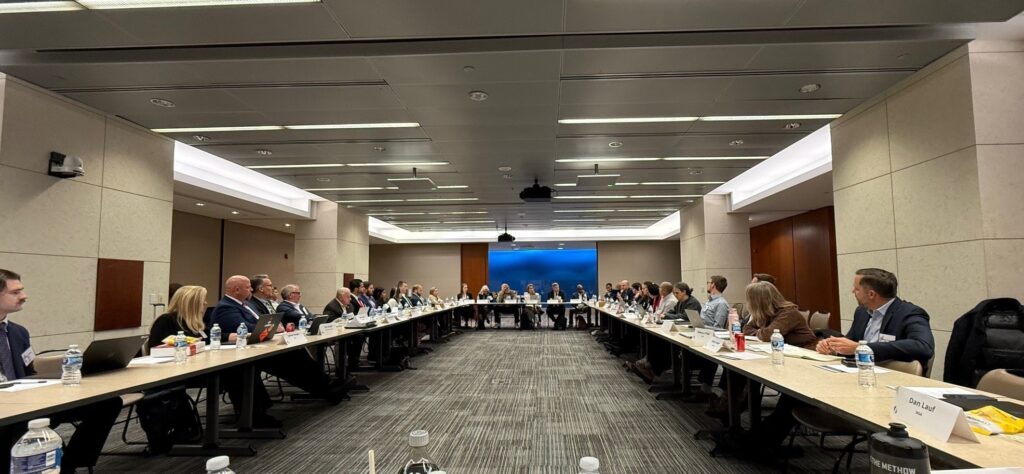
Wednesday, November 5 comprised a full-day of programming on key infrastructure issues with Governors’ infrastructure coordinators, NGA Partners and invited experts. Several panels and presentations were held on a range of topics, including:
- The current federal infrastructure grant funding landscape in the context of the passage of H.R. 1 and the budget shutdown, as well as how states are responding to changing termination dates and requirements for certain energy tax credits;
- The outlook for the reauthorization of the federal surface transportation act in the context of the conclusion of Infrastructure Investment and Jobs Act appropriations in September 2026, and in an environment of ongoing construction cost inflation and reductions in federal and state gas tax revenue;
- How states have been supporting municipalities with securing federal infrastructure funds through matching grant programs and technical assistance support, and recent innovations in streamlining federal grant applications through the use of artificial intelligence;
- The opportunities and risks associated with state and territory assumption of federal permitting responsibilities for surface transportation projects, including under the National Environmental Policy Act (sections 326 and 327 assignment) and the Clean Water Act (section 404 assignment);
- The recently released bipartisan package of reform priorities on federal permitting for critical energy infrastructure projects that was developed by NGA’s Permitting Working Group, which was co-chaired by NGA Chair Oklahoma Governor Kevin Stitt and Pennsylvania Governor Josh Shapiro;
- The challenges associated with hardening existing and new infrastructure against natural disasters, and best practices being adopted across the country to improve infrastructure resilience; and
- State best practices in building additional capacity on highways through utilizing managed lane public-private partnerships, as well as case studies in the adoption of long-term asset concession P3s to facilitate needed improvements to existing assets, such as airports and ports.
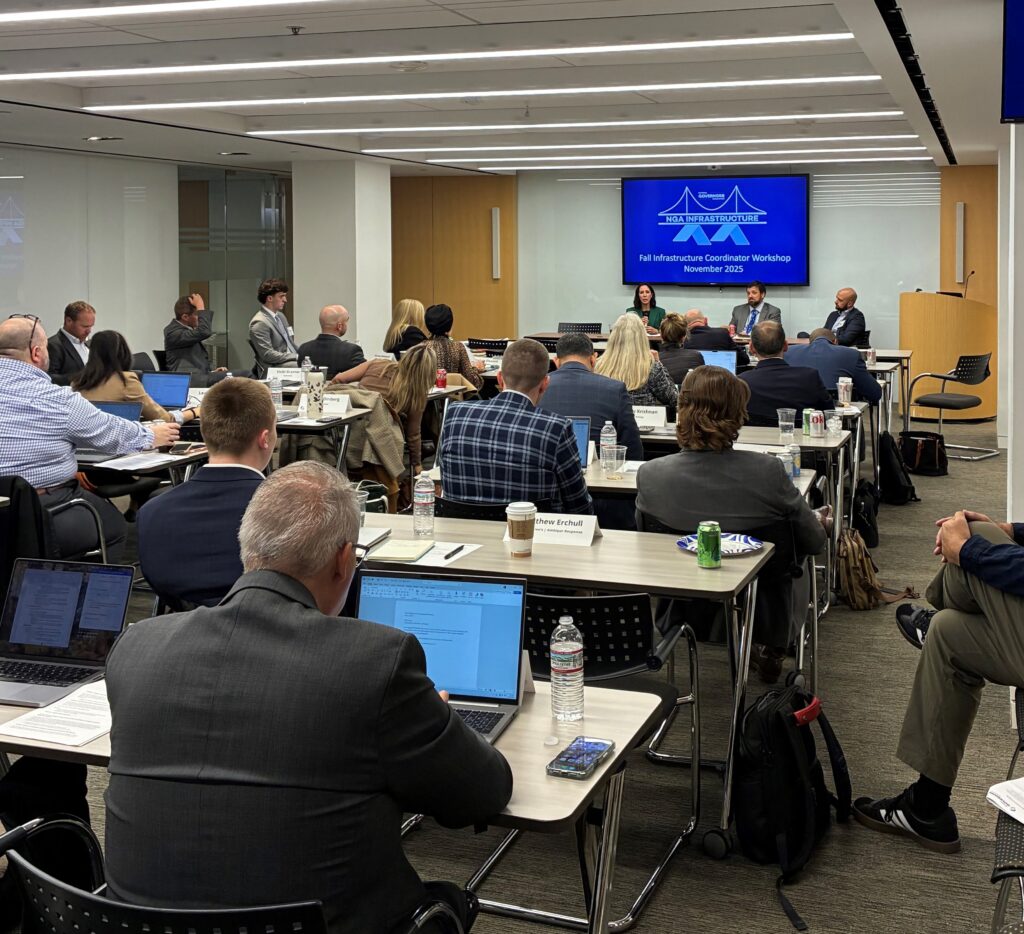
The workshop wrapped up on Thursday morning with an in-depth discussion on infrastructure permitting with a federal official, which was followed by a state and territory-only dialogue. The state and territory discussions reflected on the sessions held on Tuesday and Wednesday, discussed key lessons learned, and workshopped next steps for NGA’s Infrastructure Coordinator Network. Some of the themes emerging from these conversations included:
- The need to be doing “more with less” through focusing on state solutions to meet Governors’ infrastructure priorities;
- The importance of the infrastructure coordinator/advisor role in creating and communicating a strategic approach to infrastructure, working across agencies and with local government to find cross-sector solutions, and supporting the delivery of existing projects; and
- The value of the NGA Infrastructure Coordinator Network getting together in person to discuss challenges, share best practices and learn new approaches to tackle complex infrastructure policy challenges.
NGA would like to thank Governors’ Infrastructure Coordinators and advisors for taking the time from their busy schedules to attend and participate in the workshop and make it such a success. A big thank you also goes to NGA’s Partners and Supporters for participating in the discussions and for their continued engagement. Many thanks to all of the presenters and panelists for sharing their expertise with the group and sparking such great conversations both at the workshop and offline.



